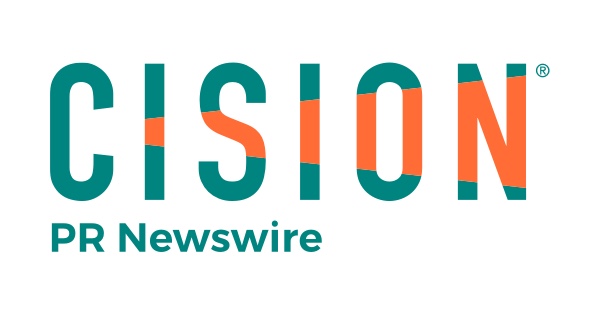What make Hispanics uniquely targetable?
By Maria Fernanda Bayona, M.A. in Integrated Marketing Communication
http://mbayona9.wix.com/mariabayona
Without doubt, the U.S. population is more diverse than ever. A variety of ethnicities are now into consideration of marketers and researchers. One of those groups with a strong presence are the Hispanics or Latinos. According to the 2010 Census, 308.7 million people reside in the United States on April 1, 2010, of which 50.5 million (or 16 percent) were of Hispanic or Latino origin (Ennis, S., Ríos-Vargas, M., & Albert, N.,2011). The Hispanic population increased from 35.3 million in 2000 when this group made up 13 percent of the total population. It is not a surprise that the majority of the growth in the total population came from increases in those who reported their ethnicity as Hispanic or Latino. With those numbers, marketing to Hispanics in the U.S. has become more common because of the sheer size of the market and its particular characteristics in terms of culture, language and heritage.
In words of Felipe Korzenny, “this homogeneity in background has made Hispanic marketing possible, productive and lucrative” (Korzenny, F., & Korzenny, B., 2012). But, more than a trend, targeting to Hispanics represents a challenge for marketers seeking multicultural consumers. Regarding to the advantages of marketing to Hispanics, results show that the larger the population the more purchasing power represents. The Selling Center for Economic Growth place the purchasing power of US Hispanic in 2008 at approximately 951 billion dollars (Korzenny, F., & Korzenny, B.,2012). A conservative estimate according to the same source is that by 2013 the purchasing power of US Hispanics was 1.4 trillion dollars. According to this data, the Hispanic segment could be very lucrative for the industry.
However, some marketers unrealistically have attempted to reach the Hispanic market as a homogeneous whole and have failed. This mistake is common due to the complexity involved in understanding such a diverse culture. In words of Muller, while members of the US Hispanic population understand themselves to be a part of a common ethnic group, most have a stronger identification with their nationality (Mueller, B., 2008). It is easy to get lost when targeting to Colombians compared with Mexicans, because Hispanic emigrated from diverse reasons, countries and times. Specific subgroups based on country of origin can be quite different.
Evidently, Hispanics represent a unique target making the implementation of the cultural perspective worth it in terms of opening the market to a new multicultural world. The unique cultural background of Hispanics consumers which differentiates them from non-Hispanic “must be taken into account in order to gain that confidence and connection as consumers for the marketer’s brand” (Korzenny, F., & Korzenny, B., 2012). The most understood of these consumers, the stronger the connection in terms of marketing results, helping marketers to create useful and powerful strategies focused on the Hispanic population. At the end, effective marketing and advertising to Hispanic American make sense with a deeper understanding of heritage, values, customs and preferences of those who are valuably different.
References
Ennis, S., Ríos-Vargas, M., & Albert, N. (2011). The Hispanic Population: 2010 Census Briefs.
Korzenny, F., & Korzenny, B. (2012). Hispanic marketing connecting with the new Latino consumer (2nd ed.). Amsterdam: Butterworth-Heinemann/Elsevier.
Mueller, B. (2008). Communicating with the multicultural consumer: Theoretical and practical perspectives.



